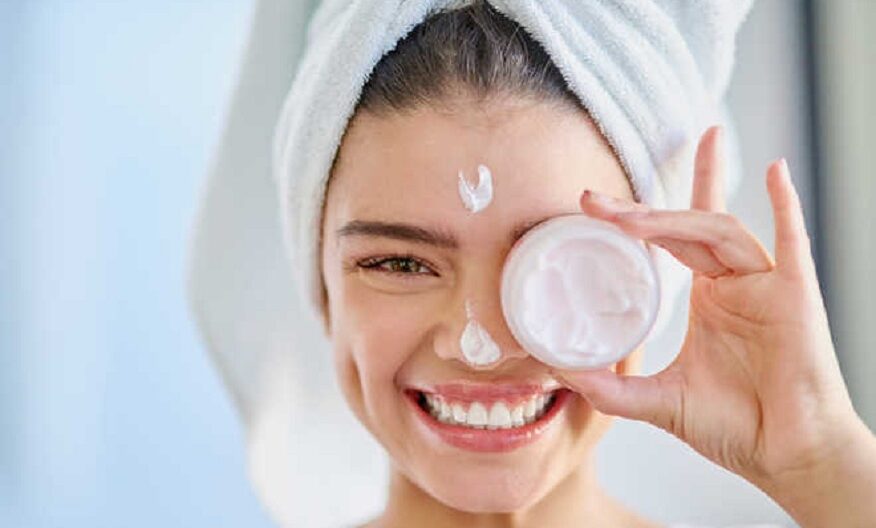
Hold your horses before your train of thought leads you to believe that Vitamin C is to blame for the darkening of your skin. Skincare is a serious game that can become terrifying if you use products carelessly. But we’ve got your back. If you believe vitamin C has caused your skin to change color oddly, read on for all the information you need.
Now that it has to get validated, vitamin C deserves a place of honor on your vanity. The solution is a substance with so many uses. With vitamin C, the following is possible:
- It maintains the enzymes needed to produce collagen, increasing collagen synthesis.
- Reduces the appearance of fine lines and wrinkles by exfoliating dead skin and increasing collagen production.
- By preventing excessive melanin formation in the target area, acne scars and pigmentation can get reduced.
- Controls the production of melanin to make your skin tone even brighter.
- Due to the antioxidants present, it shields you from free radicals.
- By preserving your skin barrier, you can delay aging.
All skin types benefit from vitamin Ccream for the face, but you must know the starting concentration. When introducing this active ingredient into your routine, you must also perform a patch test to rule out sensitivities or allergies.
Wear SPF if you include vitamin C in your morning regimen. You can occasionally find that your skin tans when there is no SPF present. Tan, a weird orange or peach hue, has taken over your skin. It is due to vitamin C’s high potency and ease with which it may react with the air, light, and heat in the environment to make your skin look darker. Let’s explore what happened to your skin after using vitamin C cream for your face.
Is it true that vitamin C darkens my skin?
It doesn’t, though. Your skin may become stained, but it cannot become darker. It’s critical to understand the distinction between staining and skin darkening. When a product interacts with your dead skin cells, it stains them, changing the color of those dead cells. That implies that the stain will also disappear once the dead cells have to get removed by washing. Your skin cells create melanin to protect you from further harm in the area where you are darkening your skin as of the injury to your skin. It takes a long time to get rid of discoloration.
Without SPF, UV radiation can harm your skin cells, which triggers your skin to produce melanin as a natural defensive mechanism. So after using vitamin C, SPF is required to avoid skin discoloration. Did we say that already? That’s acceptable as long as you realize how crucial SPF is!
Since oxidation of the substance occurs either before or after application, vitamin C stains can affect any skin type. The stain may be of a different color. It could be brown, orange, or somewhat yellow. However, stains do not only affect certain skin types or colors.
